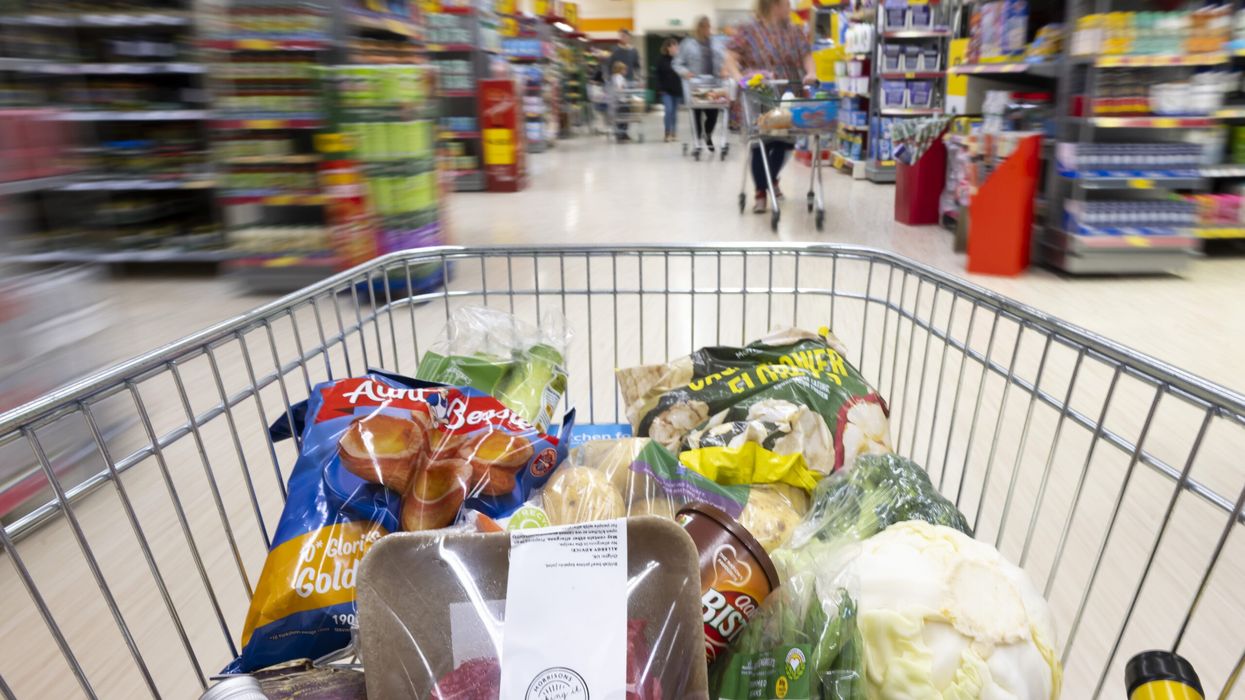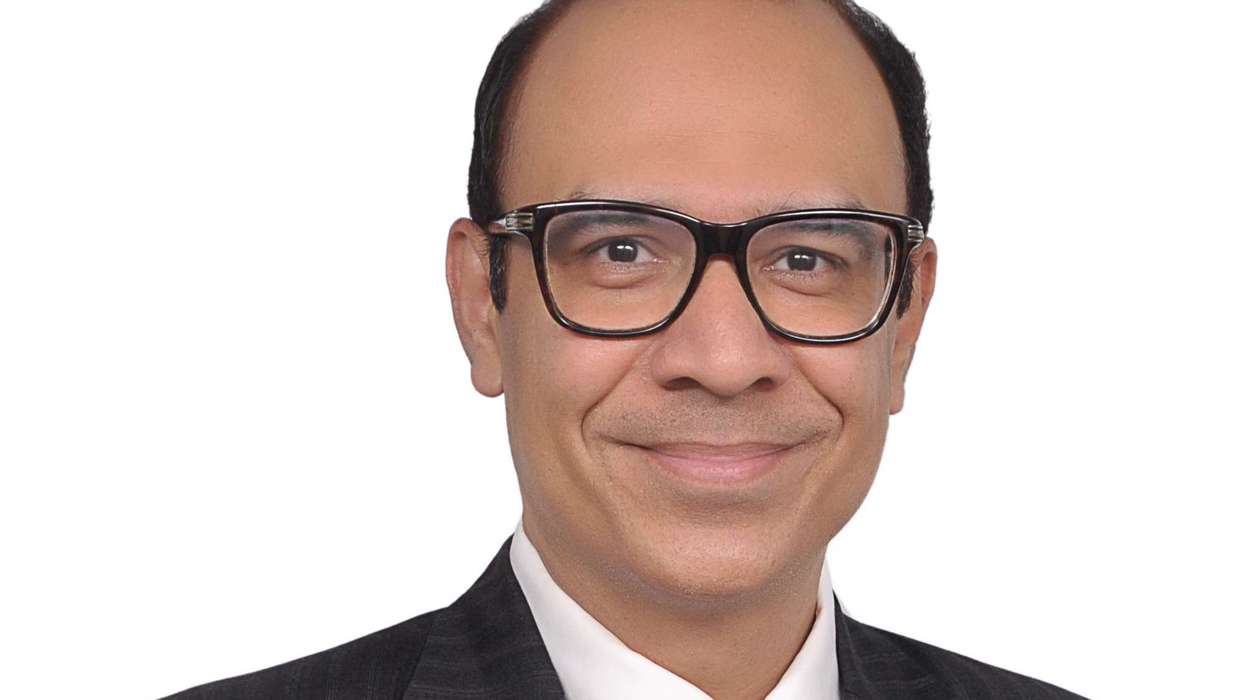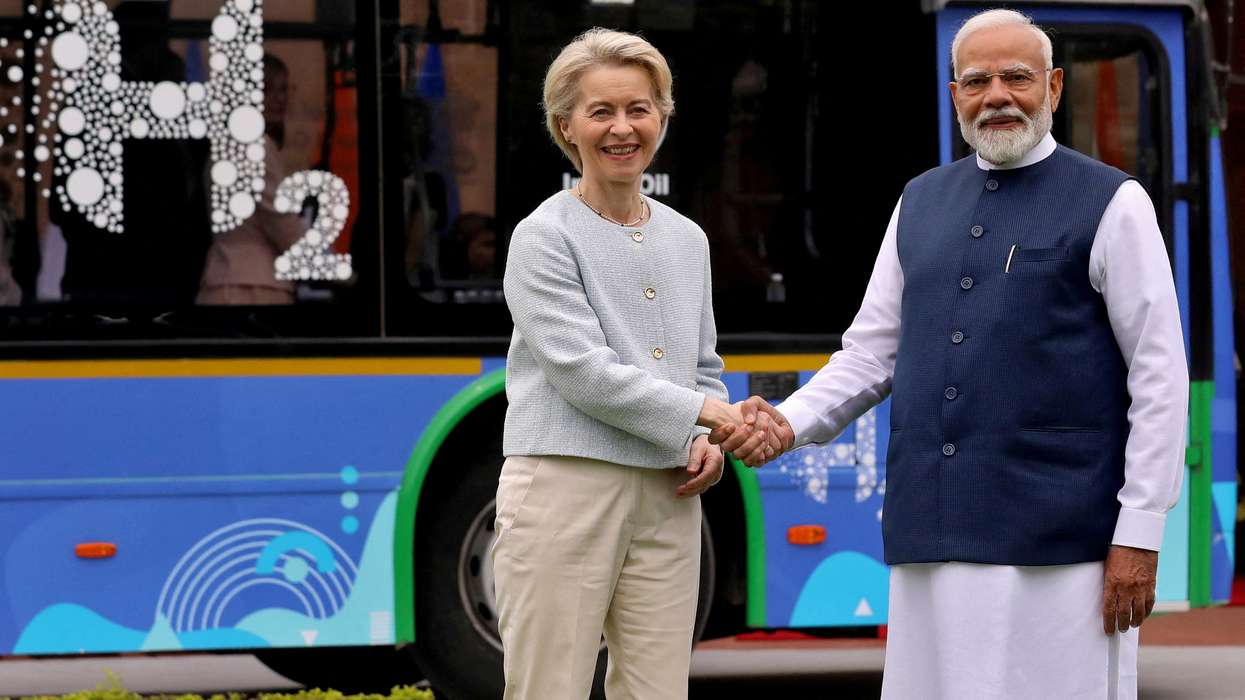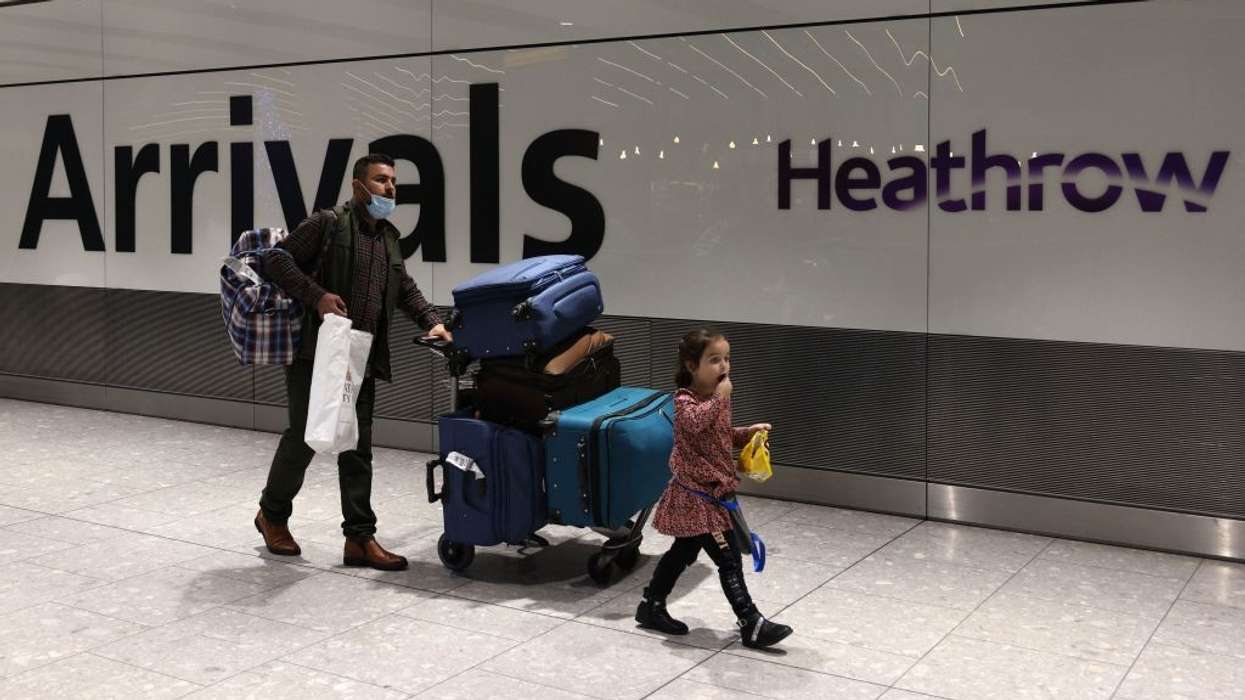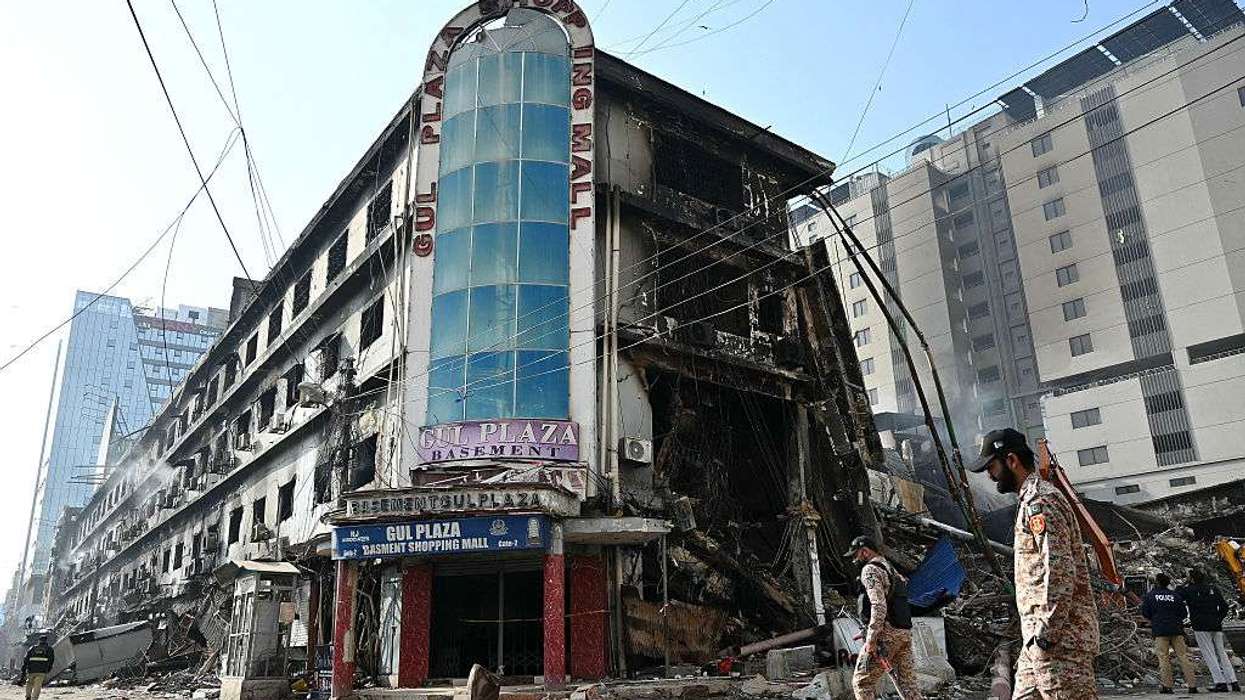BRITAIN's annual consumer price inflation rose unexpectedly to 3.6 per cent in June, the highest level since January 2024, according to official figures released on Wednesday. The increase slightly lowered expectations of further interest rate cuts by the Bank of England.
Economists in a Reuters poll had expected the inflation rate to remain steady at May's reading of 3.4 per cent. Instead, data from the Office for National Statistics (ONS) showed a continued rise, marking the highest inflation rate in over a year.
Inflation has been rising steadily since reaching a three-year low of 1.7 per cent in September last year. In May, the Bank of England forecast that inflation would peak at 3.7 per cent in September, nearly twice its 2 per cent target.
Among major advanced economies, Britain’s inflation rate remains the highest, standing about one percentage point above that of the United States and the euro zone.
Following the release of the data, sterling edged up slightly against the dollar, five-year gilt yields reached a one-month high, and financial markets adjusted to price in slightly lower chances of a BoE rate cut in August and another later in the year.
Deutsche Bank Chief UK Economist Sanjay Raja said he still expected a rate cut in August but saw more uncertainty around the pace of cuts beyond that.
"There's enough of a slowdown in GDP and the labour market to warrant a 'gradual and careful' easing of monetary policy. But the onus now rests on the labour market to shape how far and how fast the MPC can cut this year and next," he said in a note.
GDP data released last week showed an unexpected fall in output in May. Official figures due on Thursday are expected to show only a moderate easing in wage growth, which remains just over 5 per cent.
Higher prices for fuel, food and transport
The ONS said the biggest contributors to the rise in inflation between May and June were higher costs for motor fuel, air fares, and train tickets. It also reported price increases in food, clothing, red wine, and lager.
Food and non-alcoholic drink prices were up 4.5 per cent compared to a year earlier, the largest annual rise since February 2024.
Finance minister Rachel Reeves said the government was supporting living standards for working-class households through policies such as a higher minimum wage, a cap on bus fares, and free breakfasts for younger school-age children.
A sharp increase in inflation had already occurred in April, when the rate jumped from 2.6 per cent to 3.5 per cent. This was driven by increases in regulated energy and water tariffs, a spike in air fares, and higher costs for labour-intensive services following rises in employment taxes and the minimum wage.
Despite the recent rise in inflation, Bank of England Governor Andrew Bailey has said interest rates are still likely to follow a gradual downward path. He pointed to a weaker labour market, which could reduce wage growth, and continued slow economic growth.
In May, the BoE forecast that inflation would return to its 2 per cent target in the first quarter of 2027.
The Bank has reduced interest rates by four quarter-point steps since August. A Reuters poll of economists last month projected two more quarter-point cuts in 2024, including one likely in August.
However, some BoE policymakers have expressed concern that skills shortages in the labour market and other supply-side issues could keep wage growth too high to bring inflation down to target levels soon.
"The risk is that this increase proves more persistent and rates are cut more slowly than we expect, or not as far," said Ruth Gregory, deputy chief UK economist at Capital Economics.
Services price inflation, a measure closely watched by the BoE to gauge domestic price pressures, held steady at 4.7 per cent in June. Economists had expected it to fall to 4.6 per cent.
Matt Swannell, chief economic adviser to EY ITEM Club, said inflationary pressure from energy prices may ease after September, but other factors remain.
"The fall in inflation is likely to be gradual, reflecting ongoing stickiness in the services category," he said.
(With inputs from agencies)
